Now being offered on today’s flight: snacks, movies, and today’s NBA money lines?
Connecticut introduced a concept bill Wednesday that would allow bettors to wager through DraftKings, FanDuel, and Fanatics sportsbooks during flights that originate or terminate in the state. The bill raises major questions over its compliance with federal laws.
Could inflight gambling become the nation’s newest wagering trend?
The proposal comes less than two weeks after Delta CEO Ed Bastian teased a partnership with DraftKings while at the Consumer Electronics Show in Las Vegas on Jan. 9.
“From fantasy sports to online adventures, gaming has become part of the daily lives of millions of our customers,” Bastian said then. “And you shouldn’t have to hit pause just because you’re in the sky. Our partnership with DraftKings will build on the games portfolio that we already offer today via Delta Sync and our seatback screens – while using the deep expertise that Jason [Robins, CEO of DraftKings] and his team have developed over the past decade.”
The partnership has still not been officially announced. A source with knowledge of the situation told Front Office Sports that Delta is not exploring the ability to gamble in-flight because of federal laws.
Connecticut’s bill, which was introduced by state representative Christopher Rosario, has already received blowback. “I proposed this bill to ensure Connecticut remains competitive in the sports betting market,” Rosario told FOS in an email. “With partnerships like Delta-DraftKings emerging, we must prepare for in-flight betting’s potential growth.”
In his opposition to the bill, Sen. Richard Blumenthal (D., Conn.) cited the Gambling Devices Act of 1962, which prohibits the use of gambling devices on commercial aircraft.
But Daniel Wallach, an attorney who specializes in sports gaming law, doesn’t see that law as a hurdle, should the Connecticut bill pass because of how outdated it is.
“A cellphone is not a gambling device,” Wallach tells FOS. “A cellphone doesn’t determine winners or losers; it’s just a means of communication. No different than a pencil writing your name on a betting slip and handing it to an agent. [The act] doesn’t prohibit monetary gambling; it prohibits gambling devices.” Wallach says the federal law now prohibiting people from gambling while flying from one place to another is anachronistic: it was written before the existence of the Internet, cellphones, and apps. The Gambling Device Act also has a narrow definition of “devices,” which includes slot machines, mechanical devices or equipment.
Wallach said the Federal Wire Act, which forbids interstate gambling, is the more restrictive law Connecticut and other states would have to comply with.
“I think the technical barriers may be more challenging than the legal ones,” Wallach says. “So this is like a Rubik’s Cube of federal law issues that have to be confronted, but I believe they are navigable.”
New President
Barry Jonas, a gaming analyst at Truist Securities, said the timing of the bill—right after the Delta-DraftKings partnership—isn’t coincidental, given the return of President Donald Trump to the White House.
President Joe Biden’s administration was particularly tough on the airline industry. The Department of Transportation implemented new laws to protect consumers, including automatic cash refunds to travelers when their flight is cancelled. Bastian had previously said he hopes Trump’s new administration will be a “breath of fresh air,” alluding to Biden’s heavier regulatory hand.
There’s a sense that since he’s a former casino owner Trump may be “a little bit more open to these sorts of things and that maybe the environment in Washington is changing to have a higher probability of that happening,” Jonas says.
However, Wallach sees inflight gambling as the latest attempt for the industry to expand since the Supreme Court overturned the Professional and Amateur Sports Protection Act in 2018, paving the way for states to legalize sports gambling. In the first five years of PASPA being overturned, Americans wagered $220 billion on sports, according to the American Gaming Association, generating roughly $3 billion per state. Trump has long favored the legalization of sports gambling, going back to the 1990s when he ran multiple casinos in Atlantic City.
Connecticut is one of 38 states (plus Washington, D.C.) where sports gambling is legal. But Rosario’s bill is by far a sure thing: It would need amendments to state law and agreements with operators of online sportsbooks in the state, including Connecticut Lottery Corporation, Mohegan Tribe, and Mashantucket Tribe, to advance.
“There’s a long way to go here,” Wallach said. “This is just a bill. Hundreds of gaming bills are introduced, but few pass. For markets where major airlines have their hubs, that could be a major boom to the sports wagering handle of those states. I mean Georgia is already one of the 10 largest states, but when you consider it has one of the busiest airports, it becomes a more lucrative market for sports wagering.”
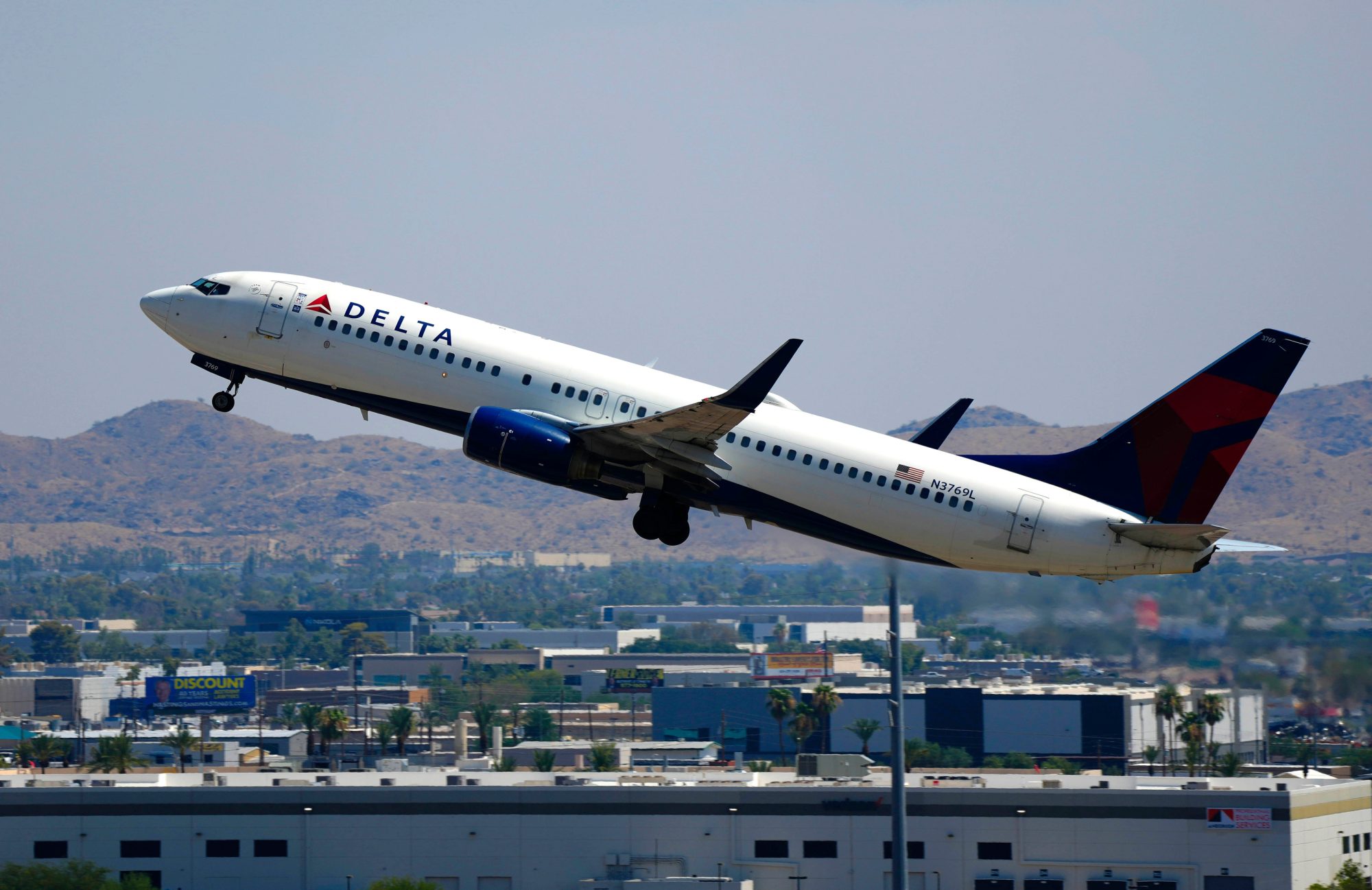
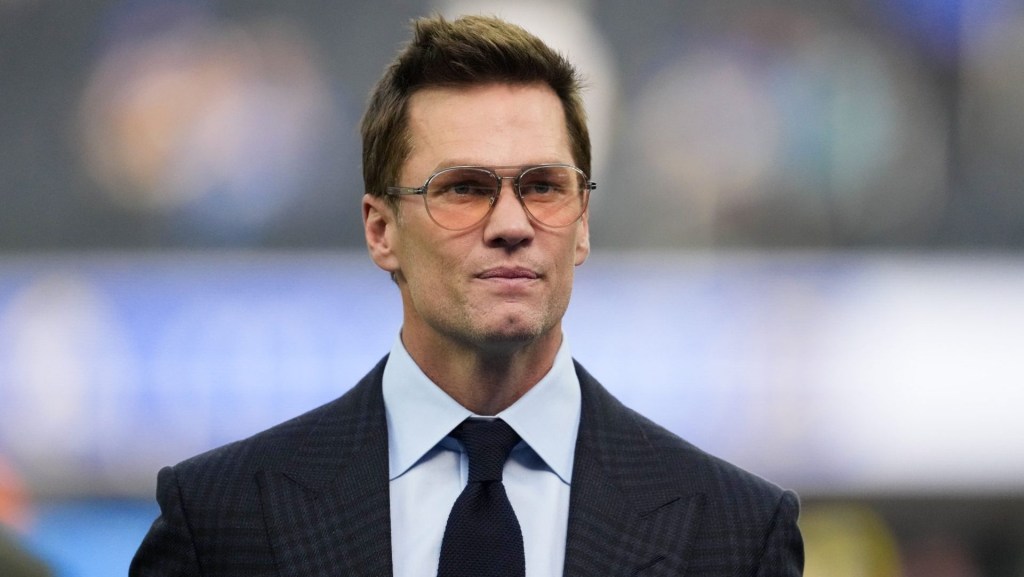
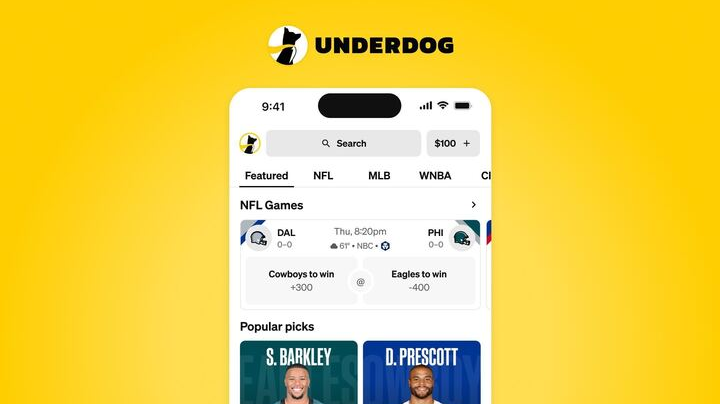
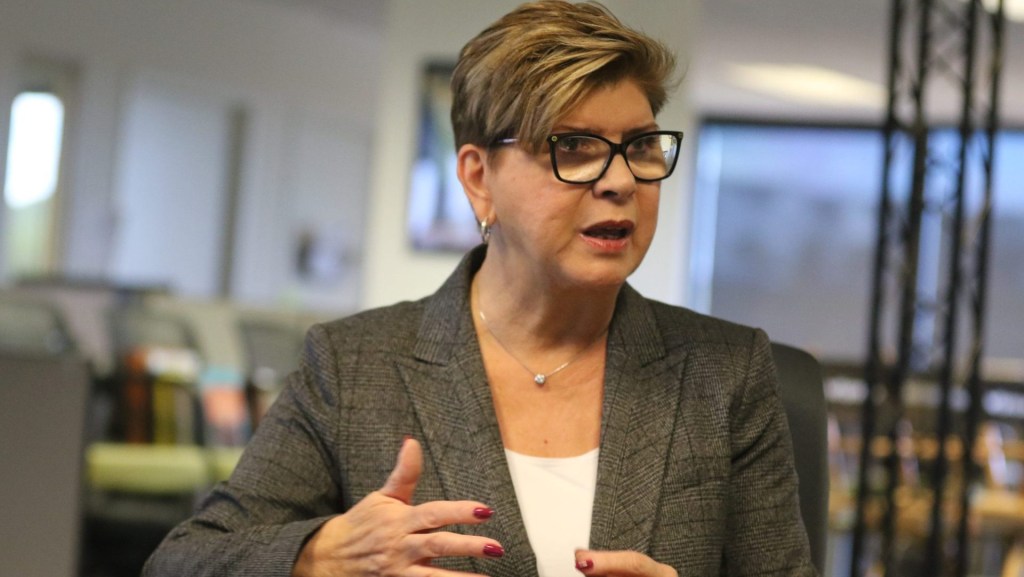
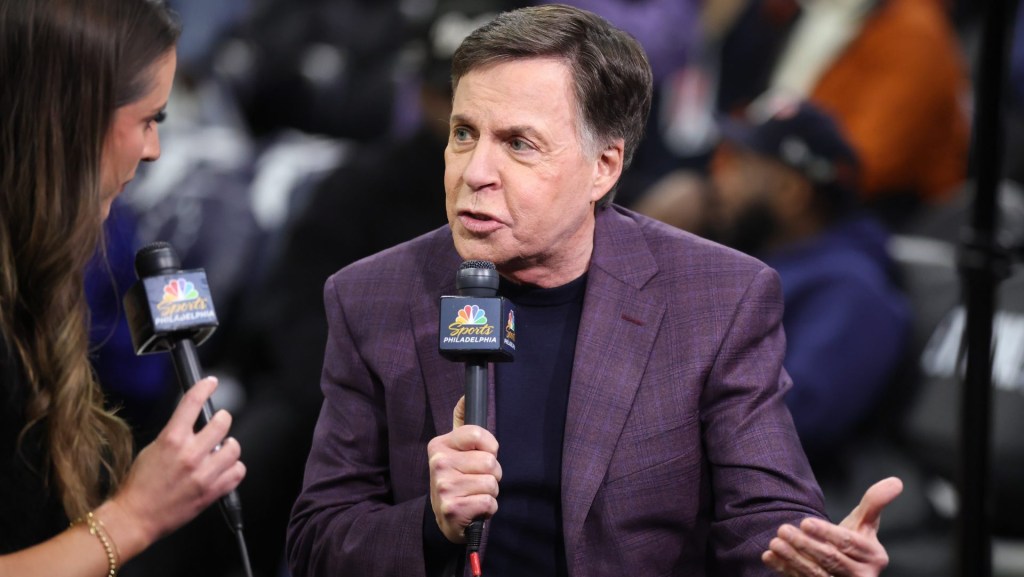


![[Subscription Customers Only] Jun 15, 2025; Seattle, Washington, USA; Botafogo owner John Textor inside the stadium before the match during a group stage match of the 2025 FIFA Club World Cup at Lumen Field.](https://frontofficesports.com/wp-content/uploads/2026/02/USATSI_26465842_168416386_lowres-scaled.jpg?quality=100&w=1024)
![[Subscription Customers Only] Jul 13, 2025; East Rutherford, New Jersey, USA; Chelsea FC midfielder Cole Palmer (10) celebrates winning the final of the 2025 FIFA Club World Cup at MetLife Stadium](https://frontofficesports.com/wp-content/uploads/2026/02/USATSI_26636703-scaled-e1770932227605.jpg?quality=100&w=1024)
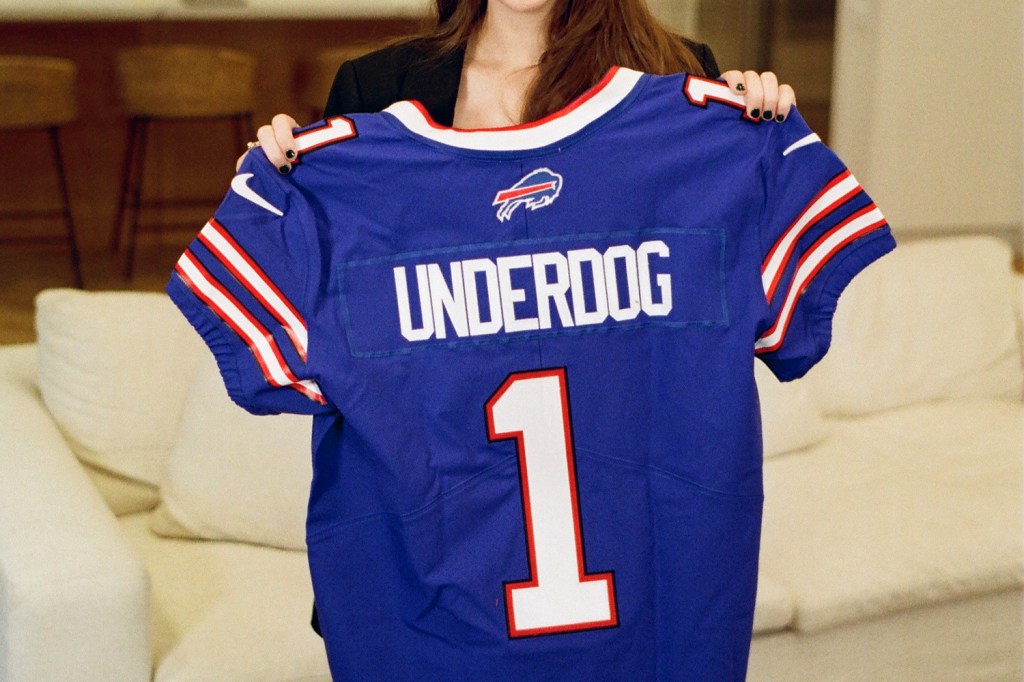

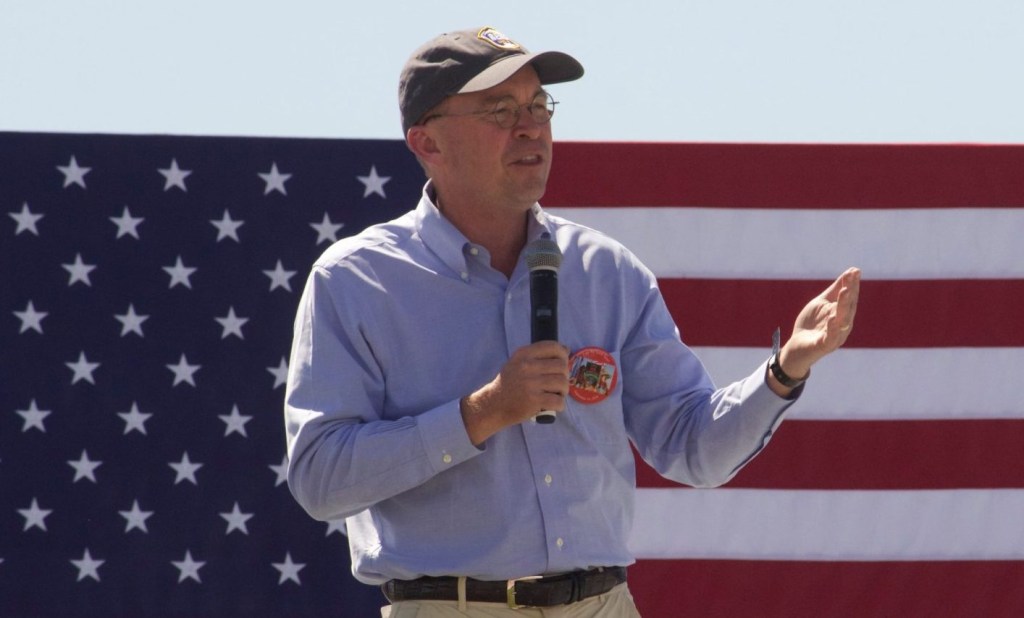

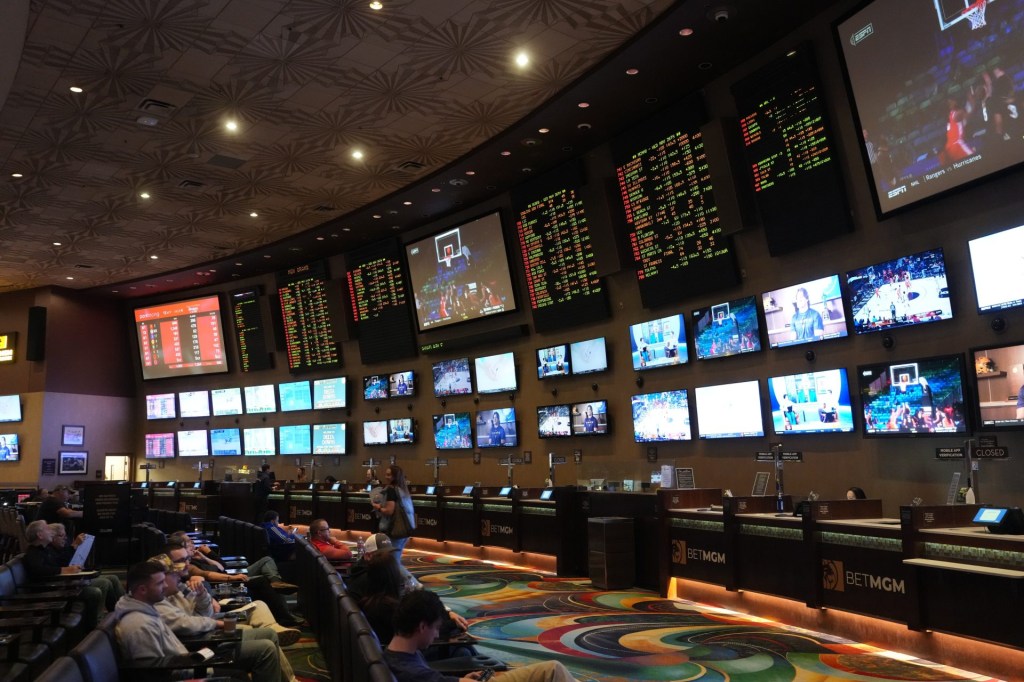


![ESPN Bet broadcasts inside the PGA Tour Studios building in Ponte Vedra Beach, Florida, on March 14, 2025. [Clayton Freeman/Florida Times-Union]](https://frontofficesports.com/wp-content/uploads/2026/02/USATSI_25668497_168416386_lowres-1-scaled.jpg?quality=100&w=1024)
